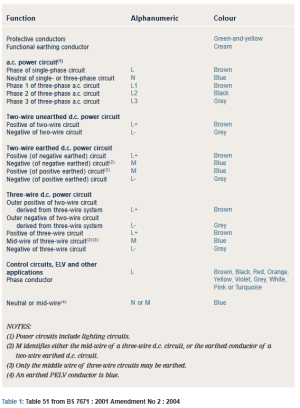Aja
Well-Known Member
I know you meant JM Barrie. Damn autocorrect.....You must be in the USA. Elsewhere, copyright is a right and cannot NOT exist, except by timing out 70 years after the death of the author - and even then it can be extended under exceptional circumstances (I think Barrymore's copyright on Peter Pan was extended because it had been left to the Great Ormond Street Children's Hospital in his will).
Government material in the UK is subject to Crown Copyright, which is perpetual. They release some material under terms like those of Creative Commons, but copyright still exists.
As a former government employee, I note that we avoided our products being Crown Copyright because it was a pain in the neck having to refer people to another agency to gain reproduction rights for our material! And nothing we produced was likely to be of anything but historical interest more than a few years after publication.


